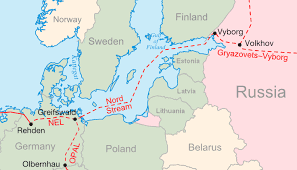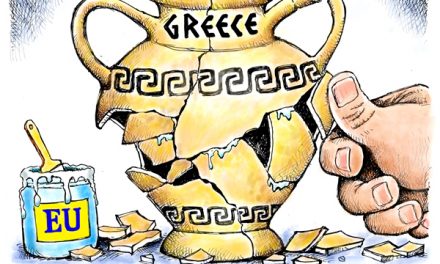By Kurtis Droge, wallstcheatsheet.com
Greek support for the nation’s membership in the euro remains strong, but the situation in Athens is still tense, the Wall Street Journal reports. According to the results of a poll by the Pew Research Center, some 69 percent of Greeks approve of the country’s membership in the region’s common courtesy. This is a view not shared by many across the rest of the continent, who associate the country with the massive amounts of bailout money that it has received in order to fix its economic problems.
Though there has been some good news for the country, such as revised economic growth forecasts that predict a possible expansion for the country next year and a primary budget surplus for this year (meaning that, without debt payments, the country would be in the black), there are still a host of problems plaguing the Mediterranean nation.
Unemployment remains well above 25 percent, sectors such as manufacturing and retail are sluggish, and the country will be facing a budget shortfall that could well be a billion euros in 2014, if not more. On top of that, it is projected that an additional 10 billion euro bailout will be needed to keep the country afloat in the coming years.
Talks between Greek officials and the so-called “troika” of lenders — including the European Central Bank, the European Commission, and the International Monetary Fund — are set to resume this upcoming week after being on hiatus for several weeks. The Greeks are hoping to obtain the latest bailout installment, while international groups have remarked that additional cuts to the Greek public sector are in order. The organizations have pointed to Greece’s lax implementation of current layoffs and transfers as evidence that more needs to be done. However, further austerity measures would be highly unpopular with the Greek people.
Deflationary pressures — the very forces that were behind the European Central Bank’s rate cut earlier this week — have been hard at work in Greece. Data from Greece’s official statistics bureau shows that prices dropped by 2 percent year-over-year this October, being at the lowest levels, bar inflation, in over fifty years. Ironically, the only prices that were found to have increased were tobacco and alcohol.
The price numbers may hint at a growing problem that underlies the economic climate in Greece: social unrest. The rise of extremist groups in the country — both far-right parties such as the Golden Dawn and leftist organizations including Maoists and communists — have not gone unnoticed by the country’s people. With the Golden Dawn becoming increasingly associated with various killings, the sentiments have had a tendency to turn violent. Also, with youth unemployment well over 50 percent, it’s no surprise that there is an excess of anger — and a lack of work to be done — for the country’s citizenry.


















